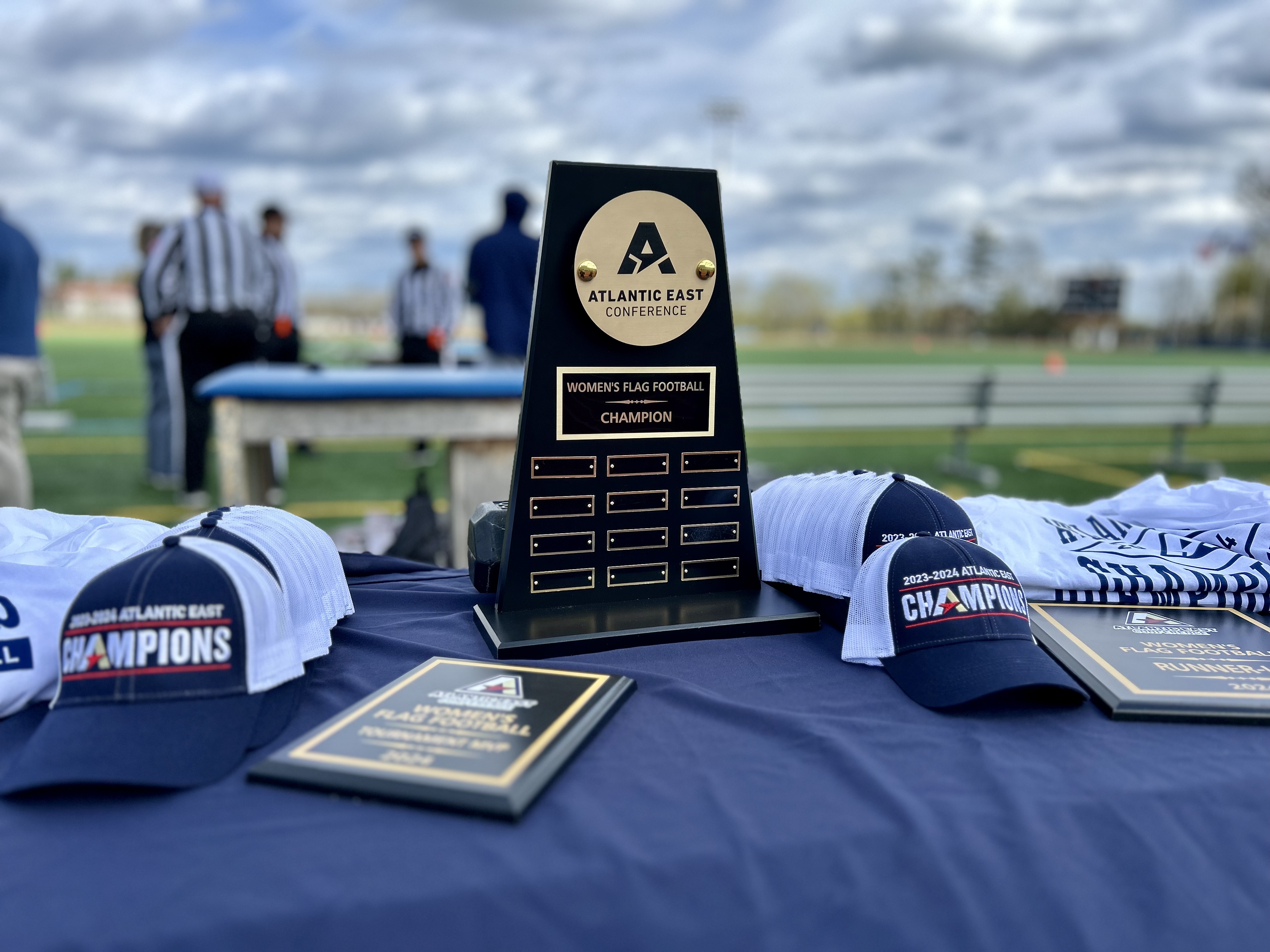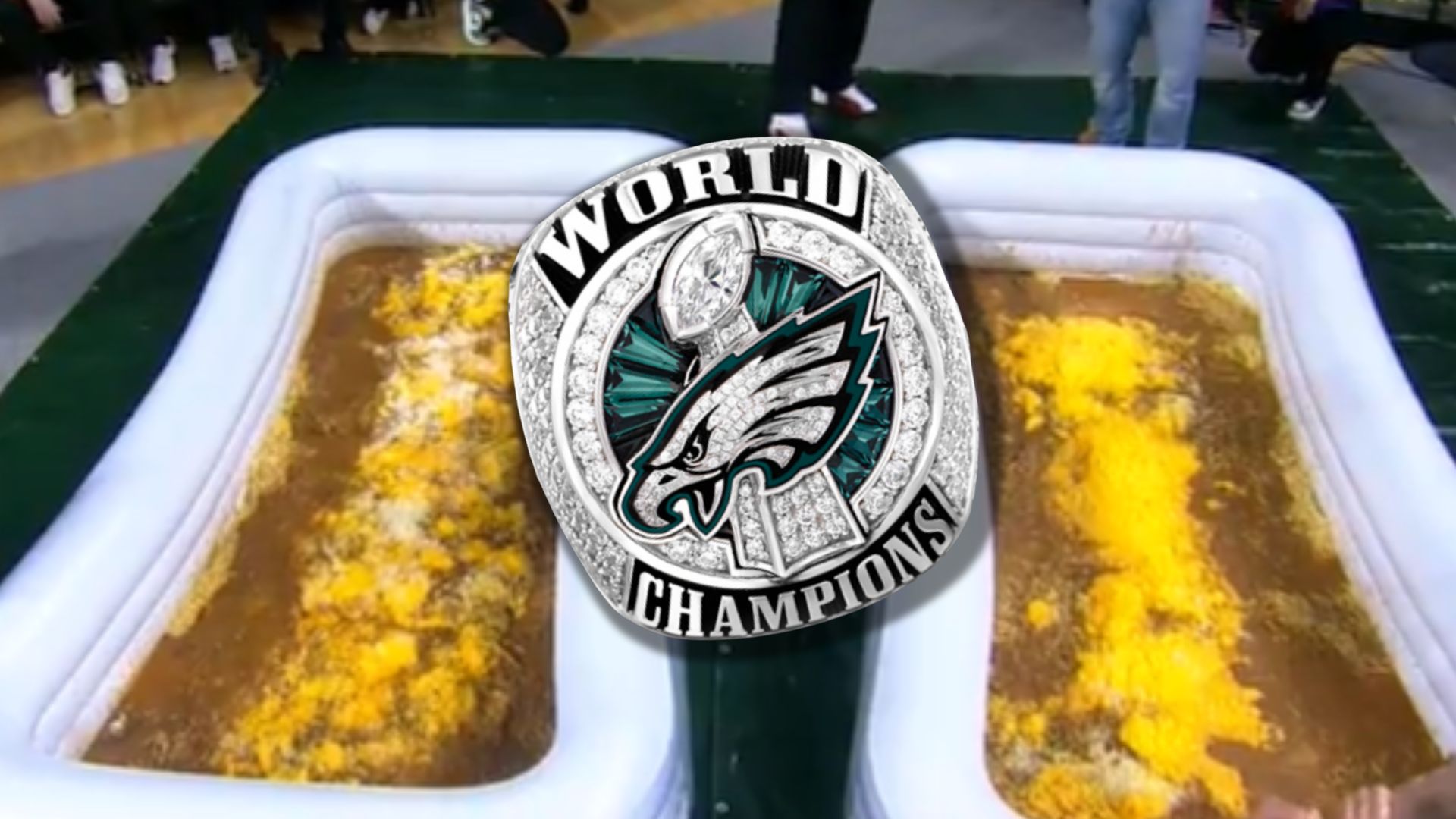The mood across America was anything but cheerful during the winter of 1969.
The draft lottery was reinstated for the first time since World War II while President Nixon ordered 50,000 additional troops to be dispatched to Vietnam.
The Tet Offensive in Vietnam, that had pushed the Americans backwards, was 11 months into its execution with no end in sight.
At home, racial tensions ran high after the U.S. Supreme Court ordered Mississippi to desegregate its schools, while massive student protests and violence on U.S. college campuses demanding an end to the war became a daily routine.
In Philadelphia, Flyers vice president of business operations Lou Scheinfeld saw firsthand the uneasiness at the Spectrum during games.
Sports
In partnership with NBC Sports Philadelphia
The crowd’s indifference to the playing of the national anthem before games seemed an obvious backlash to Vietnam and what was happening on home soil, as well.
“It was a pretty tough, troubled time and there was a lot of unhappiness in the United States,” Scheinfeld said. “People were angry and kind of unpatriotic at the time.”
Perhaps a different song could evoke a new response, Scheinfeld wondered. While rummaging through some LPs at a record store on South Street, he stumbled across Kate Smith’s rendition of Irving Berlin’s “God Bless America” from the late 1930s.
In the days that followed, Scheinfeld arranged for a sound engineer to come to the Spectrum on a night when no event was taking place. Lights off, Smith’s voice bellowed out in total darkness as Scheinfeld and the sound engineer listened.
“When she hit that last note, ‘Home sweet home,’ I got chills,” Scheinfeld recalled.
Though he had previously informed Flyers chairman Ed Snider what he had in mind in substituting “God Bless America” for the Star Spangled Banner, Snider dismissed it as a lark.
“God Bless America” made its debut on Dec. 11, 1969. Snider wasn’t amused even though the Flyers won, 6-3, over Toronto.
“Snider whipped his head around as it started to play, came over and cursed me out,” Scheinfeld recalled.
“I didn’t think you were nuts enough to do it!” Snider yelled.
Between periods, however, fans came up the aisle to Snider’s suite, which was accessible to anyone at the Spectrum, and praised the idea of a Flyers anthem.
Snider sheepishly approached Scheinfeld after the game.
“You son of a b----, I don’t know how you did this, but it worked,” Snider said.
The Flyers had won just one of their previous nine games before Smith made her debut that night.
“We won some after that, got into a dry spell and we had a big game to win and they played her and we won again,” Bob Kelly said. “We didn’t want to burn her out. It became iconic.”
The Flyers would post a 19-1-1 record whenever “God Bless America” played over the next three seasons versus 31-38-28 following the Star Spangled Banner. [[238904721, C]]
Smith’s first live appearance would not happen until the home opener in 1973 against Toronto. Promotion director Jay Seidman had tried for over a year to get Smith to appear, but her agent balked. Then some luck.
“Kate Smith had an elderly uncle living in West Philly and he sent her clips from the Inquirer and Daily News about her being a good-luck charm for the Flyers,” Scheinfeld said.
Smith told her agent she wanted to sing here. This time, he didn’t balk, but wanted a $25,000 appearance fee for her. It was reduced to $5,000.
That October, Smith, who lived in New York City, took a train to Philadelphia and was picked up by limo at 30th Street, then taken to the arena without fanfare.
She almost didn’t appear that first night. The reason? The dress she had packed was wrinkled. The Spectrum had no irons, so Scheinfeld dispatched his secretary, who lived in South Philly, to find one.
“Her aunt lived four blocks away,” Scheinfeld said. “We had everything you could imagine at the Spectrum but no irons.”
Smith would appear live at the Spectrum four times, including the Stanley Cup-clinching Game 6 against Boston in 1974.
Her appearance that afternoon drew an obscenity-laced tirade after the game from Bruins coach Bep Guidolin, even though several Bruins, among them Bobby Orr and Phil Esposito, lauded Smith’s elegance as a performer.
“We got to know her history and what she stood for and it was a domino effect,” Kelly recalled. “There was a bond there.”
Going into this, the 50th Anniversary season, Smith’s record with the Flyers is 100-29-5, as compiled by flyershistory.com.
“God Bless America signified invincibility,” Bill Clement said. “In the sports world, that trumps every other meaning.”
Rod Brind’Amour, who came to symbolize what it meant to be a Flyer in the 1990s, found it to be a moving experience for anyone present.
“It’s about the fans and how much they get into it,” Brind’Amour said. “The song naturally evokes a sense of pride for your country.
“When you combine it on top of the passion Flyer fans have, it takes the song to a whole new level for everyone in the building.”
In the years that followed, the club would add Lauren Hart via videotape as a duet.
“That set the arena on fire,” Brind’Amour said. “It’s one of the great traditions of hockey.”
When Smith died at age 79 in 1986 from diabetes, Snider, who was a pallbearer at her funeral, remarked, “She was a wonderful person and an important part of the Flyers' history. We will always have a special place in our hearts for her. She will be deeply missed by the Flyers and our fans.”
Smith’s statue, originally installed in 1987 outside the Spectrum, now stands outside XFINITY Live! facing the Wells Fargo Center.
Despite protests from succeeding generations of Flyers fans who feel the club should move on from Smith, the Flyers still present the Smith-Hart duet version of “God Bless America” on the scoreboard for special occasions and the playoffs.
“You see the excitement from fans — it brought so much energy into the building and the players fed off that,” Rick Tocchet said.
Smith’s 100th career victory song came last April 20 against Washington in the playoffs.
“It still gets a tremendous reaction, but there a lot of young people who are our fans and never heard of Kate Smith,” Scheinfeld said.
Many Flyers from the Cup years have said in recent times it’s time for the team to move on from past traditions. The long drought between winning Cups doesn’t sit well with today’s fan base.
In that respect, the Flyers have been careful in how and when they resurrect Smith's song.
“I still get chills when they do the duet with Lauren, but I think it’s time to let it rest,” said Kelly, who reflects the opinion of many.
“It’s all new hockey and it’s been that way for 40 years. Find something new.”



